EduCode™ Academy Blog
Helping Kids Learn Abstract Concepts in Coding
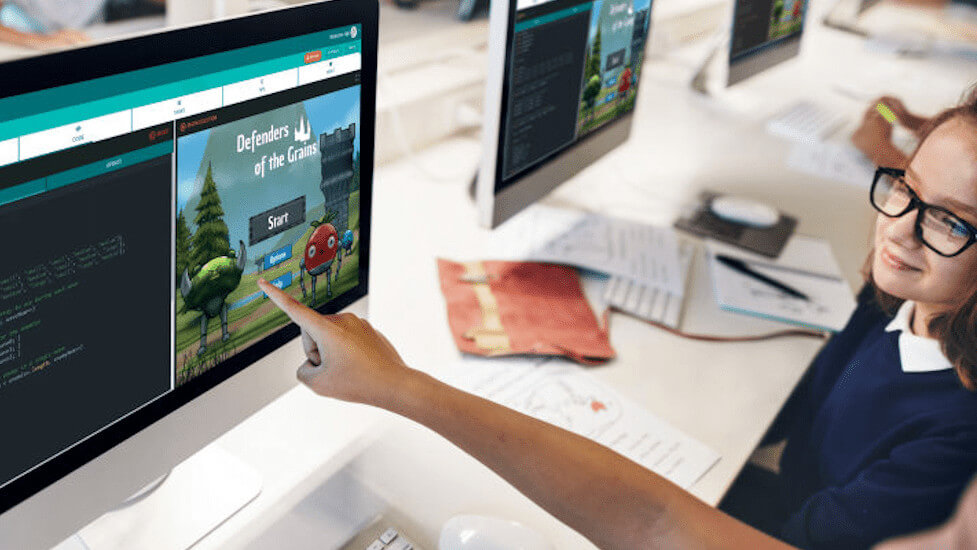
Teaching Is an Incredibly Rewarding Experience
However, it can also be quite unnerving, even for experienced instructors and program facilitators, when you're put in the position to explain abstract concepts to young students.
Many concepts in coding, which are based on computer science and mathematics, often require a certain degree of abstract thinking. Due to this, younger students tend to end up lost as they struggle to visualize and relate the concepts to real world.
Thankfully, the internet provides a large variety of tools to aid student learning, from images to audio to plain text. Ultimately, you need to settle on one and the large number of choices available can make choosing one an overwhelming process.
If you often find yourself in the situation above, we're here to help!
Visualizing Code with Videos
Videos stand out as a popular and effective way to transmit and consume information for good reason. According to cognitive experts, an effective and engaging learning environment requires the stimulation of our five senses, especially sight and sound. [1]
We absorb the bulk of information from our surroundings through our eyes and ears.In our earliest years, we learned to recognize emotions by observing faces and we learned to speak by watching how our family members refer to different items.
Abstract concepts, especially in coding, demand a high level of mental visualization to comprehend. It is also not always possible to demonstrate the concepts in the classroom.
Videos are the perfect remedy to this problem. They allow us to relate abstract concepts to our reality and see how they can be applied in various real-life contexts without getting out of our chair.
Choosing the Right Video
Not all videos are created equal.
An effective video needs to be able to demonstrate how the concept works in real life. At the same time, it must be entertaining enough to capture your students' attention. Given the complexity of most abstract concepts, few videos on coding manage to balance these two needs.
When selecting a video to use in class, ask yourself these questions:
1. Does the video provide a relatable context for the concept?
As mentioned previously, the strength of using videos lies in their ability to simulate the application of concepts in relatable, real situations. To be truly effective, the video must provide a context that makes sense for your students. In other words, it has to be a situation that is relevant to your students' life. This is what we call contextual learning.
2. Does the video present the targeted concept within the attention span of your students?
The average attention span of today's youth is 8 seconds (Gen Z). Videos must be succinct enough to capture their attention in those key 8 seconds and encourage them to continue beyond that timeframe. Since coding is often entirely new to most students, longer educational videos can seem overwhelming.
We recommend videos that are between 1-3 minutes long. More lengthy concepts should be broken into a series of short videos. This makes the information more digestible, as it gives students the illusion of attaining mini-successes (understanding what is being taught) throughout their learning process. This is what's referred to as microlearning.

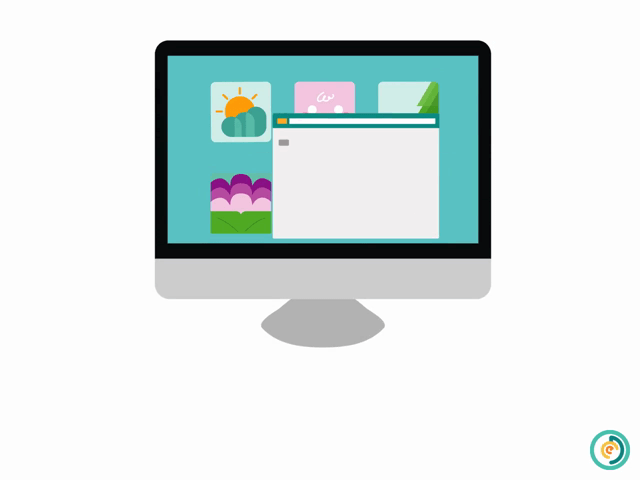
Instructions are the core building blocks in coding. This video explains how they work.

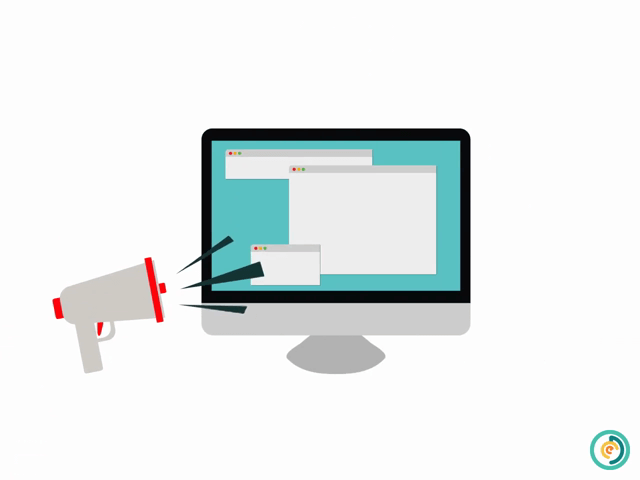
This video explains how variables allow more complex instructions in coding.

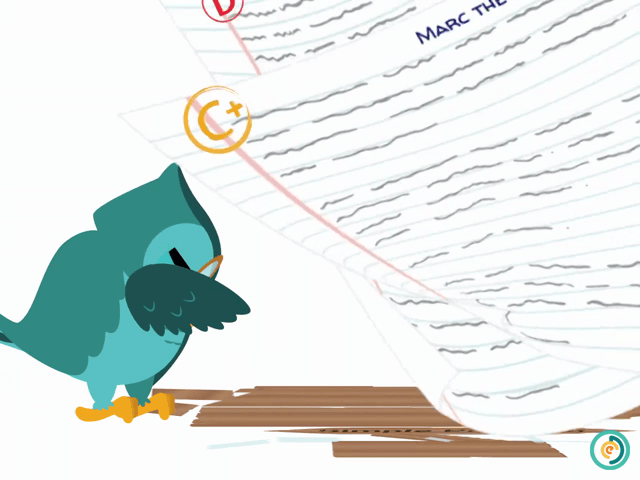
This video explains how if-else statements work in coding.

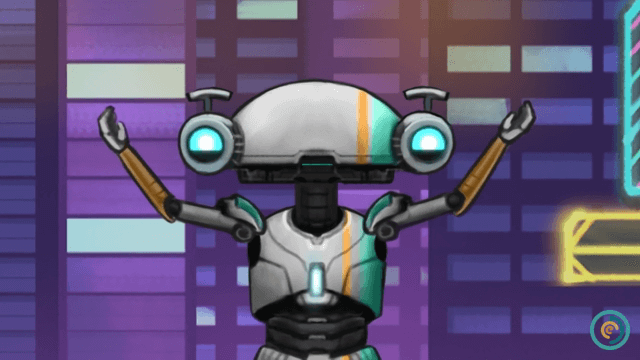
This video applies instructions, variables and if statements in a game.
In a Nutshell
As long your selected videos contextualize the targeted concepts in real-life situations that are relatable to your students, while holding their attention, videos can make any coding lesson significantly more memorable and engaging.
We want to make finding and choosing these videos as fun and easy as learning from them. This is the philosophy which we apply in every course on EduCode™. Each animated tutorial video is uniquely produced and carefully selected to maximize your overall in-class experience.
Keep reading
EduCode is happy to announce its latest expansion success in signing on PrepClass NG as the National Franchisee for the country of Nigeria.
In their efforts to engage the French-speaking youth of New Brunswick to learn coding, the Continuing Education Department of the Université de Moncton approached EduCode to collaborate.
Even with a global pandemic disrupting educators and families from their normal daily lives for the past 16 months or so, the education of our youth continues to be a major focus for EduCode™.
EduCode Canada Inc. announced recently they have finalized a formal distributorship agreement with SEBIT Education and Information Technologies Inc. to represent them within the country of Turkey.
EduCode CEO, Peter Hess, announces the appointment of Foreign Scope Consultants, led by Subhojeet Sadhu, as the National Franchisee for India, representing EduCode Academy.
EduCode Academy is proud to announce that we are live now with six one-hour activities for the Hour of Code™ movement.
EduCode Academy is happy to announce new projects have just been added to our Advanced Game Development course, extending your learning experience with this course and making it even better!
EduCode Academy today announced that Peter Hess has been promoted to Chief Executive Officer (CEO), effective July 2020. Peter joined EduCode originally in January of 2020 in the role of Vice President, Marketing and Sales.
EduCode is heating things up, with fantastic savings of 50% to 80% OFF for our subscription plans.
The term "back to school" may come with a lot of uncertainties for many teachers during the upcoming school year. We believe EduCode can help.
We would like to thank all of the many EduCode teachers and learners who submitted entries for this contest. There were some very interesting videos and photos submitted, making it a very challenging job to pick the winners. Congratulations to Brenda from Mexico and Rianna from India for your winning submissions to our EduCode video contest in April!
With the COVID-19 pandemic situation, we are not able to thank our teachers in person for what they do for us and our children. We certainly learned to appreciate our undervalued teachers during these past weeks! Now, with our kids home and trying to continue the learning journey for them ourselves, we recognize how crazy a job teachers really have.
With businesses and schools closed due to the coronavirus pandemic, many education businesses are having to pivot to a new business model to adjust to the new normal. We reached out to a few of our coding camp partners to see what they are doing to address the needs of social distancing and what changes they are enacting – which may become a normal part of their offering going forward.
Looking for something fun to do with your children while they are not working on their EduCode lessons, cooking with you or doing other educational projects? EduCode wants to hear from you!
Just over one month has passed since the World Health Organization declared the novel coronavirus Covid-19 a pandemic on March 11th. A lot has transpired since then, impacting virtually every student and family across the globe. In our mutual response to battle this quickly spreading virus, we have seen global collaboration of the scale never experienced before.
Today, with COVID-19 worries, the NHL playoffs will most probably not take place this year, but we can still pin up messages of hope in our windows. In New Brunswick, there is a movement called "NB we will be OK," that is quickly spreading across the province.
The continued spread of coronavirus (COVID-19) around the world has understandably raised concerns for you and your families. At EduCode, the well-being of our valued customers is of the deepest concern to us as this situation continues to evolve and we commend those of you who have taken on the challenge to #FlattenTheCurve by staying home!
Now that COVID-19 has shut down many schools, as well as daycare centers, movie theaters and play houses, governments are recommending that we all practice social distancing in an effort to "flatten the curve." What does this actually mean?
To enjoy the full benefits of a tech-driven economy, students need to know more than just how to use technology, but also how it works and how to create it. This is where learning to code comes in.
Over the past decade, technological breakthroughs have spurred exponential growth for career opportunities in both existing and new fields. One-third of new occupations in the United States were created only in the past 25 years.
We started this series of blog articles to help instructors, facilitators and educators plan, run and teach STEM classes or programs more effectively. Lessons should be as enjoyable and engaging for the teacher as the student. We hope that the topics we cover will provide you with some new ideas, insights and tools to create a truly immersive learning environment for your students.
